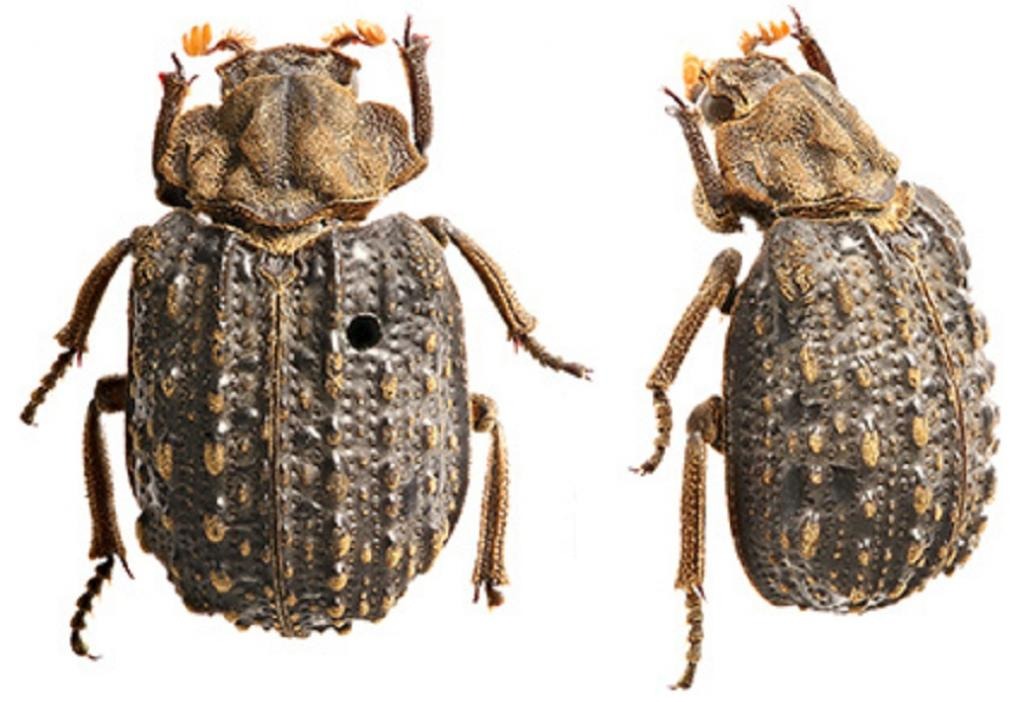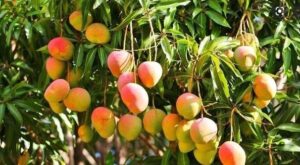Pune: Pune Based Scientist’s Discovery of Omorgus Beetle in Maharashtra Makes Groundbreaking Stride in Forensic Sciences

Pune: Pune Based Scientist's Discovery of Omorgus Beetle in Maharashtra Makes Groundbreaking Stride in Forensic Sciences
17 April 2024
By Payoshi Bisht
Dr. Aparna Sureshchandra Kalwate, a Pune-based scientist affiliated with the Zoological Survey of India (ZSI) in conjunction with the Western Regional Centre (WRC), unveiled a novel beetle species in 2023. Termed “Khandesh (Omorgus) Strümpher & Kalawate,” this discovery promises substantial implications for forensic sciences and post-mortem investigations. After a year of anticipation, the research has finally gained recognition with its publication in the prestigious scientific journal Zootaxa on April 12th of this year, marking a significant milestone in scientific inquiry.
This landmark achievement distinguishes Dr. Kalwate as the first Indian woman to identify a beetle species. Reflecting on her journey, she elucidated the challenges encountered in locating these beetles, predominantly inhabiting arid regions, rendering them elusive in many instances. The beetle was unearthed in the remote northern village of Khandesh, Maharashtra, following exhaustive collaborations with museums and exhaustive zoological data analysis, ultimately confirming its status as a newfound species.
Taxonomically classified within the trogidae family, also known as keratin beetles, this species exhibits necrophagous tendencies, feeding on decaying organic matter. Typically cloaked in shades of grey or black and adorned with a soil-laden, textured exterior, they are characterized by bristle-like structures or setae. Their scavenging habits render them invaluable in estimating the time of death in forensic investigations.
Dr. Kalwate disclosed that she and her team penned a comprehensive research paper last November, eagerly awaiting peer review and final endorsement following this year’s publication. Despite their significance in ecological systems, knowledge about these beetles remains sparse due to their association with mammalian nests and avian species.
Collaborating closely with Dr. Werner P Strümpher of the Ditsong National Museum of Natural History, Pretoria, South Africa, Dr. Kalwate expressed her conviction that this discovery merely scratches the surface of biodiversity exploration. The newfound beetle species enriches India’s ecological tapestry, signifying a promising avenue for future discoveries.








